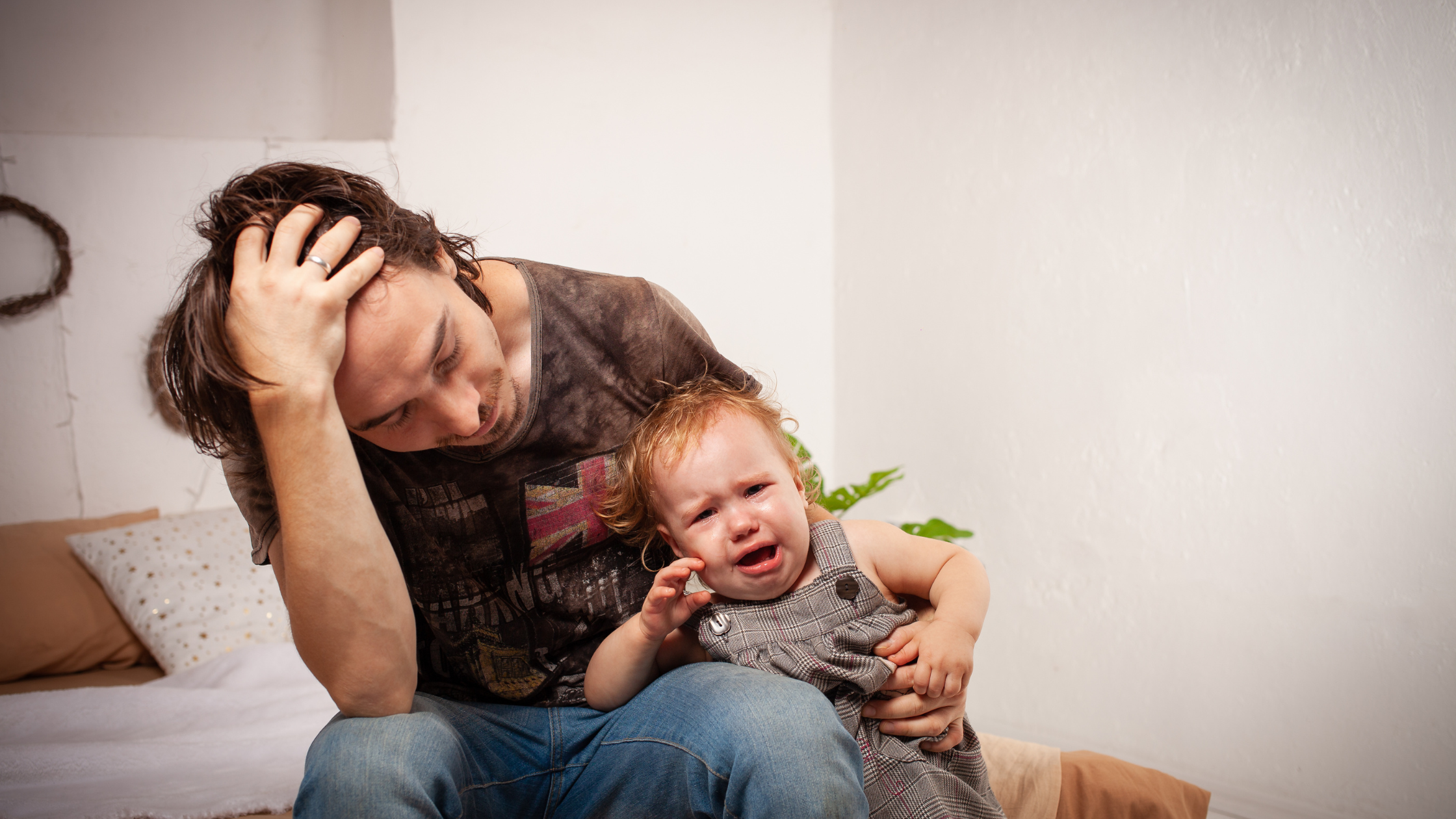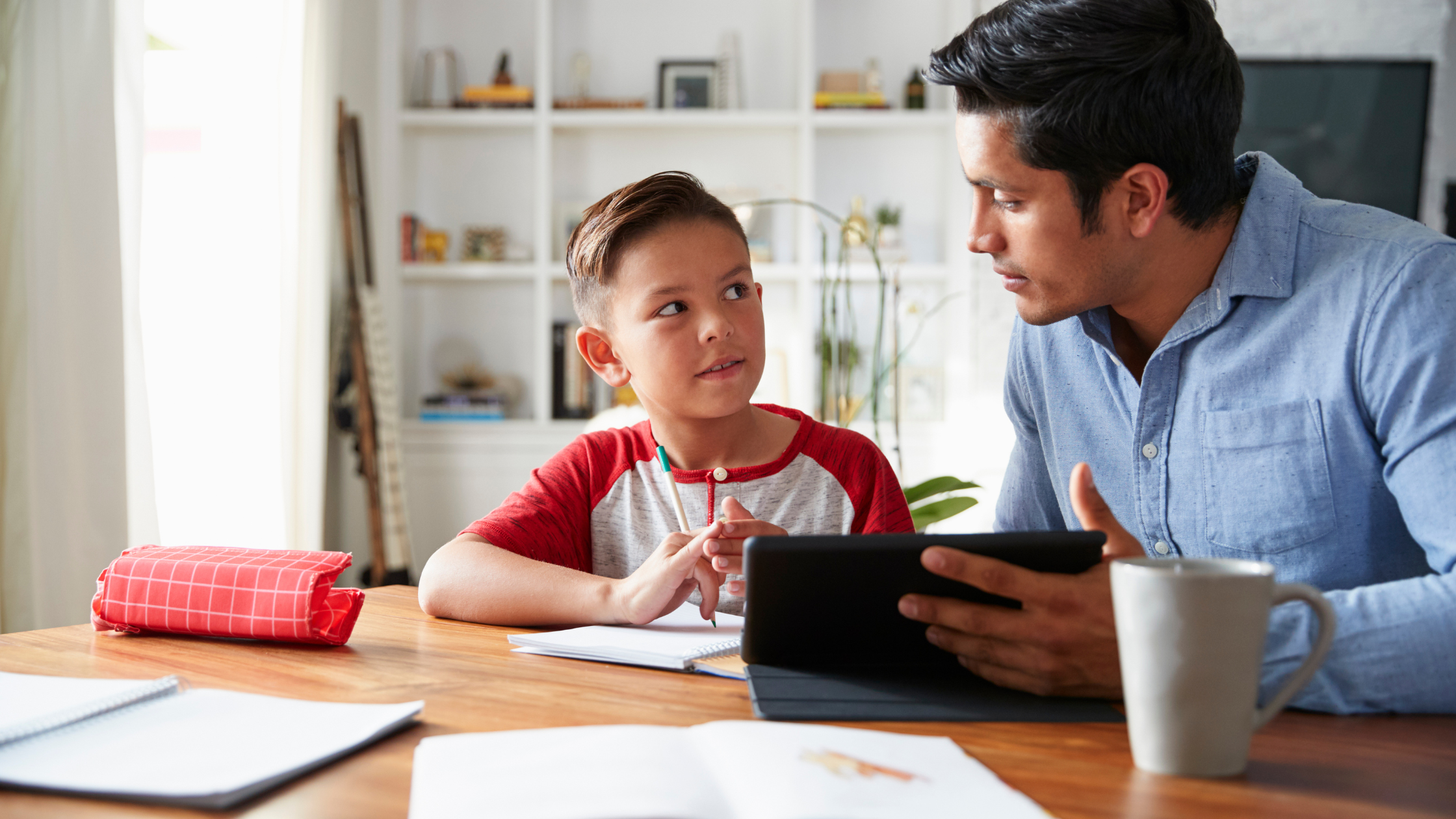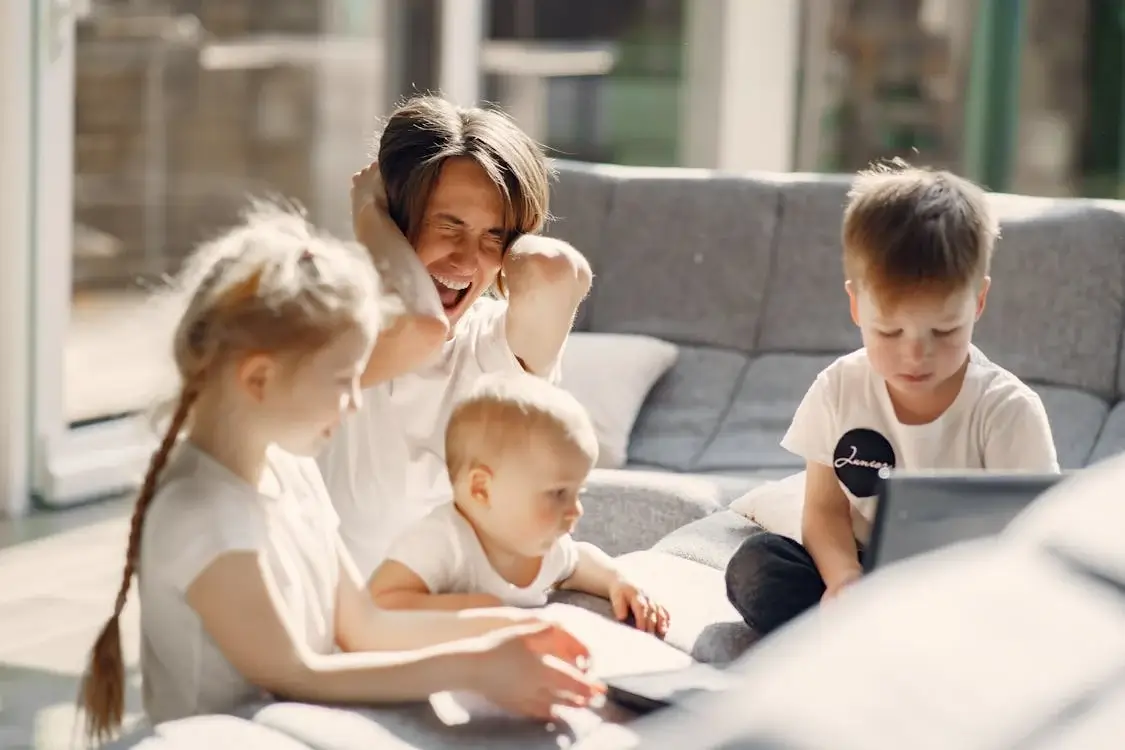Have you ever caught yourself in a moment where your child yells back at you and you freeze? You might think “How dare they!?”. You might feel angry or embarrassed if there are family members around you.
Let’s first focus on what it would look like on your end as the parent. Then, we will focus on what your child would need.
Here is what being an Emotionally AWARE Parent would look like right after your child yells at you:
The main goal is to pause before responding:
THOUGHTS:
- What are you thinking right now and how will your thoughts influence how you will respond to your child?
- Can you change your thoughts to curiosity before responding?
- This change would look like: “Ugh! How dare she yell at me” to “I wonder what caused her to feel this mad?”
FEELINGS:
- What are you feeling right now? How will this contribute to the way you respond?
- You don’t have to change your feelings but acknowledge them. Label them and give them space to exist.
- It would look like this: “I am so angry that my child has yelled at me”.
NEEDS:
- What needs can you address right now before responding to your child? You can’t change what happened, but you can address them before responding to your child.
- It would look like this: “I am feeling so tired and don’t have the energy to deal with this right now”.
All this takes 1-2 seconds to address in your mind and will have a huge impact on how you respond to your child.
How an Emotionally AWARE Parent supports their child’s emotional development in this situation
Goal is to bring awareness to their emotions:
Show sensitivity towards their emotions: This looks like validating or helping them feel seen or heard. Use your senses in what you say to them: “I can SEE that you are really mad right now” or I can HEAR you because you are yelling at me and you seem very mad”. You are not ignoring anything that needs to be disciplined so if your child hits you at that moment or threw a toy at you, you need to address this (you can remove them from the space and say “I need to keep myself, your sister and you safe right now which is why I am sitting you on the staircase”.
At this point, if they are still very mad and not listening to you, there is nothing you can do. Their brain is dysregulated and they need to ride the wave. As do you!
Avoid saying “calm down” or “take deep breaths” because when a child (or adult) is dysregulated, they really can’t focus or hear you. It is like the brain goes offline.
The best thing you can do is keep them safe, and the people around them and wait for them to come down their emotional mountain.
Once they have come down the mountain, you can try to reconnect with them. Do they need a hug, do you need to come down to their eye level?
The last step is to re-visit when the emotion has passed. This revisiting part is arguably the most important part. This is when all the emotional learning happens and when you teach them tools or create a game plan for the next time it happens. Here are some questions you can discuss with your child”:
- Do you remember what made you feel so mad?
- How did it feel in your body when you were mad?
- Do you remember yelling at me? Could you have done something differently to show me you were mad?
- What can we try next time you feel mad like this so that you don’t yell the way you did? (Example: If the problem was a sibling taking a toy away without asking, can they come see you first?)
This is how you will begin to build your child’s emotional awareness!













